Reliable data collection and transparent reporting systems are essential for monitoring progress and informing decision-making. Effective frameworks must track material flows, measure resource efficiency, and evaluate circular economy outcomes, promoting accountability across the entire value chain.

Readiness Goal 4.1: Collect detailed data on materials and processes for better decision-making.
Indicator 4.1.1: Increase projects collecting comprehensive data on material sourcing and end-of-life management.
Indicator 4.1.2: Increase use of Environmental Product Declarations (EPDs) and Life Cycle Assessments (LCAs).
Indicator 4.1.3: Adopt standardised data collection frameworks for circularity metrics.
Indicator 4.1.4: Integrate data on material composition and maintenance requirements to enhance life cycle management and support proactive, data-driven decisions in circular economy initiatives.

Readiness Goal 4.2: Promote accountability through transparent reporting of sustainability performance.
Indicator 4.2.1: Increase projects with publicly available circularity performance reports.
Indicator 4.2.2: Increase third-party verification of circular economy data.
Indicator 4.2.3: Adopt standardised reporting frameworks for circularity metrics.

Readiness Goal 4.3: Establish benchmarks and evaluate performance to encourage improvement.
Indicator 4.3.1: Establish industry benchmarks for circular economy practices.
Indicator 4.3.2: Increase projects meeting or exceeding circularity benchmarks.
Indicator 4.3.3: Conduct regular performance evaluations and benchmarking.

Readiness Goal 4.4: Use data analytics to optimise resource efficiency and reduce environmental impact.
Indicator 4.4.1: Increase use of data analytics in material selection and waste management.
Indicator 4.4.2: Employ data-driven approaches to optimise resource efficiency in projects.
Indicator 4.4.3: Adopt decision-support tools incorporating circularity and sustainability data.